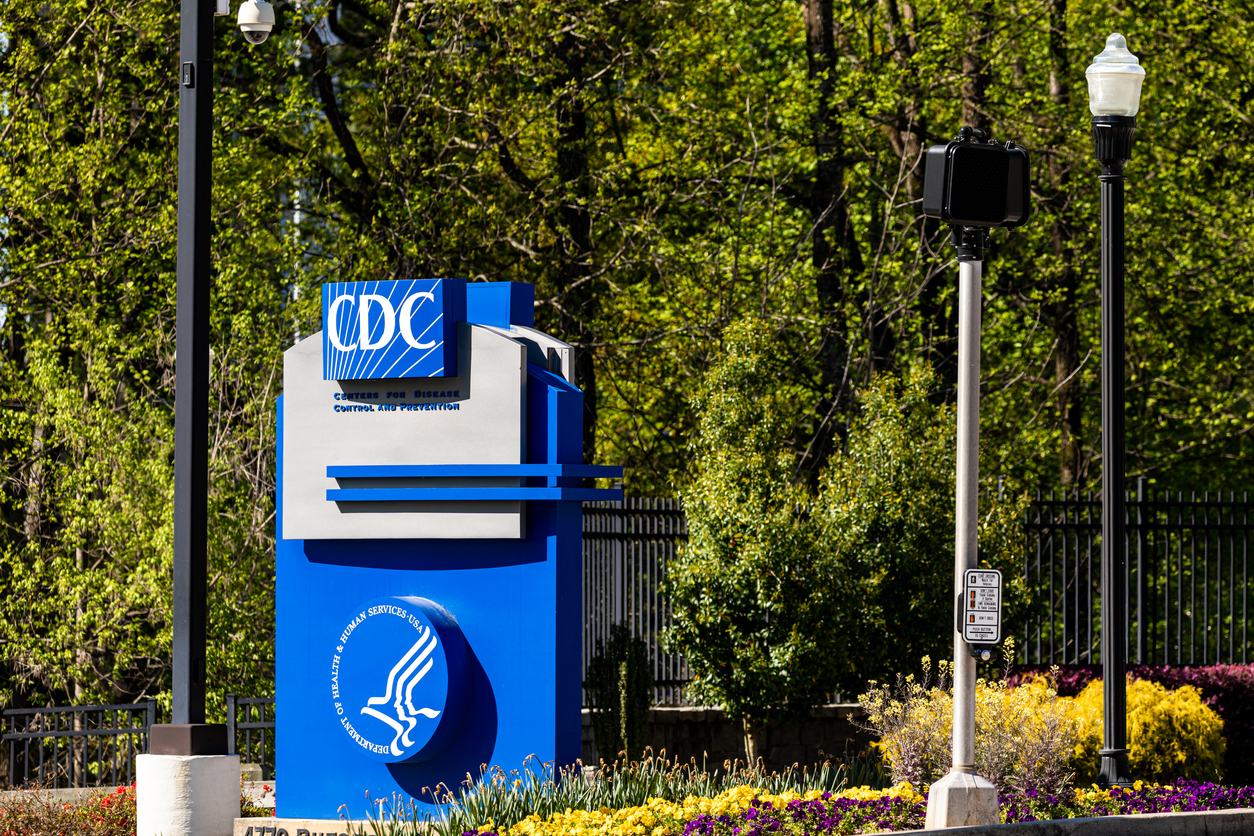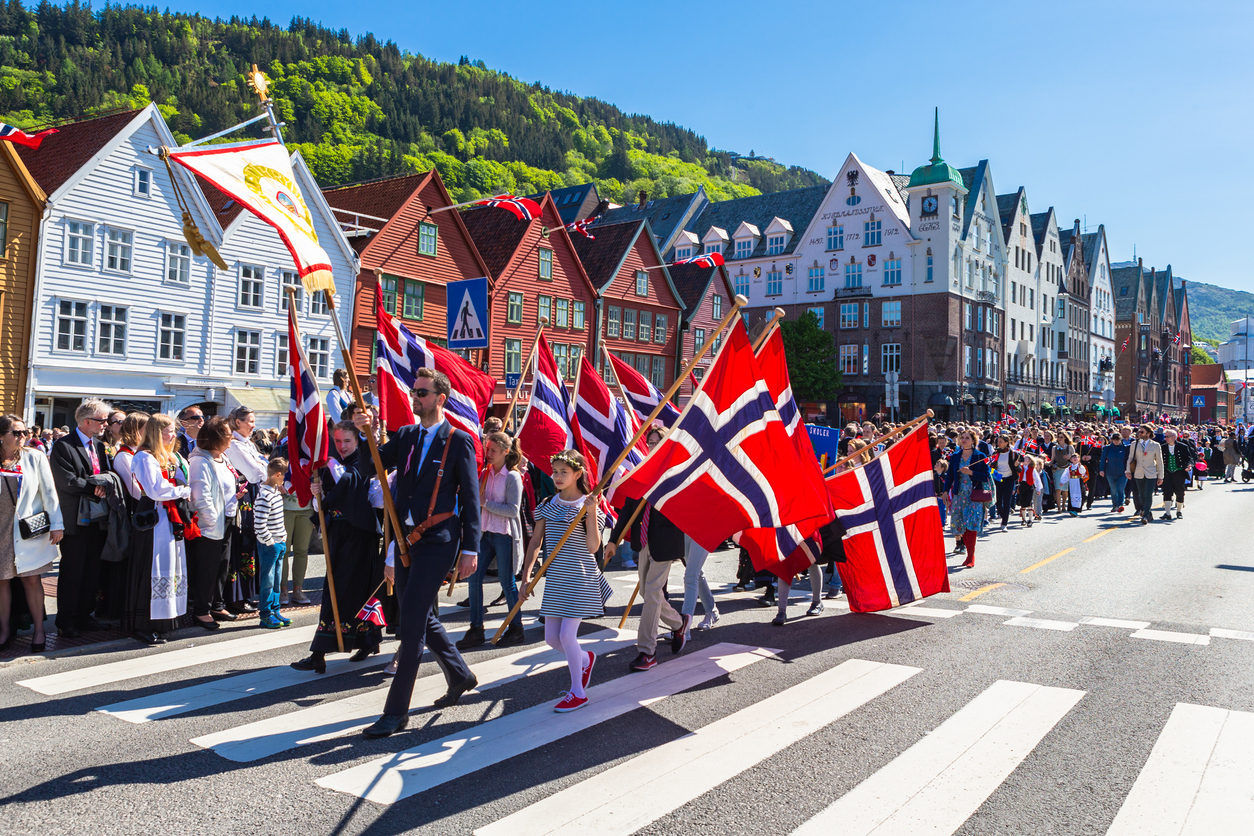
What the U.S. can learn from the Norwegian “Dugnad”
Editor’s note: CHN Intern Rebecca Isaksen is a senior at Brigham Young University, majoring in Psychology and minoring in Political Science and Business Administration.
March 16th, I arrived safely at home in Norway after my internship in Washington, D.C. was cut short due to the coronavirus pandemic. The reduction in anxiety and stress I experienced was immediate. I felt safe. There were of course multiple reasons for this. I was happy to be home with my family who are all healthy and safe. I was relieved that I wouldn’t be stuck in the United States while my student visa expired and I didn’t have to worry about becoming illegal with no way of providing an income for myself. I was also relieved to be in a country that was taking the pandemic seriously and where people were complying with the measures enacted.
As soon as I arrived at home in Norway I could see and feel clearly that the Norwegian government was taking the situation seriously. Every press briefing treated the COVID-19 virus with the solemn attitude that such a serious situation demands. From the beginning of March, the Norwegian government initiated the strongest measures that the country has experienced since World War II. It was a stark contrast to leaving a country where the leader had continuously downplayed the severity of the situation.

During the three weeks that I have been home, Norway has been able to flatten the curve of people hospitalized due to COVID-19 and reduced the infection rate (the number of how many people someone with covid-19 will infect) from 2.5 to .7. These are encouraging numbers. If the infection rate is less than 1 then an epidemic is known to slowly but surely die out. In addition, Norway’s current COVID-19 mortality rate is 0.45% while the overall rate in the US is 1.92%. There are a few different reasons why Norway seems to be getting control over this pandemic. One medical doctor thinks a contributing factor may be due to the low level of antibiotic-resistant bacteria found in Norwegian hospitals. Other factors include Norway being one of the healthiest nations in the world, having a developed welfare state, and having a smaller population that is generally spread out.
Another major factor that seems to be contributing to why Norway has been able to gain greater control over this pandemic is its effectiveness in testing. In a recent press conference the Trump Administration claimed that “The United States has done far more testing than any other nation, by far.” This rhetoric is misleading. The U.S. has administered the most tests, but the U.S. is far from being at the top when it comes to administering tests per capita. According to Ourworldindata the U.S. has tested 8.04 per thousand people. South Korea, which has been successful in controlling the pandemic, has tested 9.99 per thousand people. Norway, on the other hand has tested 23.21 per thousand people. Testing is vital when it comes to controlling a pandemic. Testing lets authorities know who is infected, making quarantining and isolation more effective. This can effectively hinder the future spread of the virus.
When Norwegian Prime Minister Erna Solberg initiated the strict measures in order to reduce the spread of COVID-19 she called it “the Country’s Dugnad.” This was wording that immediately struck a chord with Norwegians and helped every citizen understand what was expected of them. The best translation of Dugnad is “service project.” But for Norwegians, there is a stronger, cultural implication to this word. Dugnads are performed regularly throughout Norway. Soccer clubs will have Dugnads where the whole team and family members come together to refurbish their clubhouse, religious communities will convene to clean their church building, neighborhood communities will gather together and eat warm waffles and jam after a successful day of cleaning and maintaining their neighborhood. A Dugnad entails people coming together and sacrificing for a common goal or good that will benefit the whole.

Bergen / Norway – May 17, 2018: National day in Norway. Norwegians at traditional celebration and parade.
When Solberg framed the new measures as “the Country’s Dugnad,” Norwegians recognized that the sacrifice of having their normal lives infringed upon was them sacrificing for the benefit of the nation. Recently, hordes of young people in the U.S. defiantly followed through with their spring break plans, despite multiple warnings that no one should leave the country in order to prevent the spread of COVID-19. This led to at least 28 of these spring breakers testing positive for COVID-19.
Their mentality was generally that they knew they were less likely to die from COVID-19, so there was no harm in going through with their travel plans. But as we are well aware by now, COVID-19 is a highly infectious virus. In addition to this, a comprehensive study performed in Iceland indicates that only half of those who are infected with COVID-19 actually have symptoms. These spring breakers were putting thousands of people at risk. And there are multiple examples of this all over the country. Social distancing is a sacrifice, there is no doubt about it, but it is a necessary evil in order to protect those at high risk.
Drs. Anthony Fauci and Barbara Birx announced at a recent press conference that it might be possible for Americans to bring about a best case scenario that would decrease the earlier predicted numbers of costing between 100,000 and 200,000 american lives. Dr. Birx said: “If enough Americans in enough places continue to stay home, avoid large groups, wash their hands and take the other measures urged by public health authorities, the pandemic may prove less lethal than feared.” Though the United States has been slow to act, and too many people have already died, there is still a possibility to prevent further unnecessary deaths.
The U.S. government must put in place measures that would make it possible for people to follow these directions. Certain steps have been taken, but more must be done — especially to help low-income and other vulnerable people. Telling people to stay home from work, wash their hands, and avoid contact with others is useless for people who rely on their daily income in order to survive — especially because low-income people overwhelmingly have jobs that cannot be done from home and that require interacting with others.
For those of you who are able to stay home. I implore of you to do so. View this as your opportunity to be a part of the United States’ great Dugnad.

